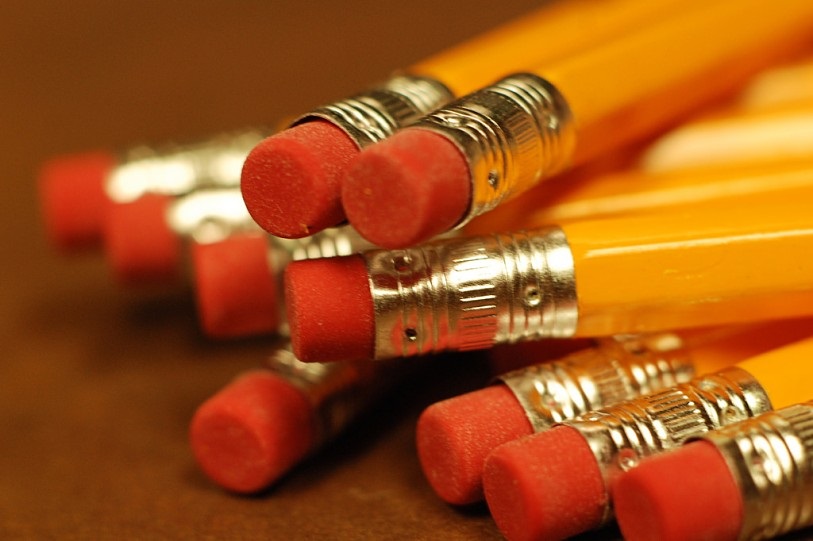A new report from the Office of the Representative for Children and Youth calls on the province, educators and foster parents to increase education supports and resources for kids and youth in care in light of poor grades and graduation rates.
Room for Improvement: Toward Better Education Outcomes for Children in Care found only 34 per cent of Grade 7 students in care met or exceeded numeracy expectations in 2014/15, compared to 73 per cent of kids not in care. Just half of Grade 8 students in care in 2009/10 managed to graduate from high school within six years, compared to 89 per cent of their peers outside care.
For Indigenous youth and students with special needs, outcomes were even worse. Only 44 per cent of Indigenous youth in care graduated from high school within six years of Grade 8, compared to 61 per cent of non-Indigenous kids in care. Just 44 per cent of special needs students in care graduated within six years, compared to 67 per cent of students outside care with similar needs.
Data from 2015/16 — released after the 2014/15 stats had been analyzed — showed overall graduation rates for kids in care dropped below 51 per cent.
The report notes the province does not track education outcomes for kids and youth placed in care temporarily, voluntarily or because of their special needs, meaning outcomes could be even worse.
Not every youth in care struggles with academics; the report notes one in seven graduated with honours in 2014/15. But the lack of support and stability for kids in care, combined with the untreated trauma many experience before and during their time in care, makes it harder to focus on school.
The report makes six recommendations for Education and Children and Family Development ministries to:
- provide districts with supports through additional funding based on the number of students in care
- monitor, track and report on supports and kids’ education outcomes
- implement the 2015 Auditor General’s recommendation to work with Indigenous communities and educators, superintendents and trustees on a strategy to close achievement gap between Indigenous and non-Indigenous students
- work with districts to create education advocate positions for students in care, a move recently adopted by the Ontario government as part of a $21 million strategy to improve education outcomes for students in care
- assess every child coming into care for trauma, ensuring help is consistently available, including at schools
- allow foster parents to sign permission slips for school outings, ending the requirement for social workers to sign
In a telephone press conference with reporters, Education Minister Rob Fleming pointed to the $681 million his government announced in July as a three-year investment in education. However, he acknowledged more work is needed.
“It’s clear from this report that additional efforts and resources are required to make a real difference in the lives of these young students. We have committed to reviewing the public school funding formula, and the funding related to concerns in this report will be addressed,” he said.
For Meredith Graham, who was a youth in care, school was the only safe space for her plus it was also a source of support and food. She agrees with the report’s recommendations, as long as there are opportunities for youth to be involved in creating and implementing strategies. Graham adds that youth would also benefit from success stories.
“We don’t highlight, celebrate and illuminate the kids who have been through care in some capacity and who have been successful, as they would see it, in school,” said Graham, a member of the Fostering Change youth advisory committee composed of former kids in care.
“An example to look to and go, ‘Oh my gosh, I can do that!’”
The Representative for Children and Youth Bernard Richard confirmed his office is working with the Vancouver Foundation and the Ministry of Children and Family Development on establishing mechanisms for establishing mentorships between youth and supportive adults, including those from care. ![]()
Read more: Indigenous, Education, BC Politics
















Tyee Commenting Guidelines
Comments that violate guidelines risk being deleted, and violations may result in a temporary or permanent user ban. Maintain the spirit of good conversation to stay in the discussion.
*Please note The Tyee is not a forum for spreading misinformation about COVID-19, denying its existence or minimizing its risk to public health.
Do:
Do not: